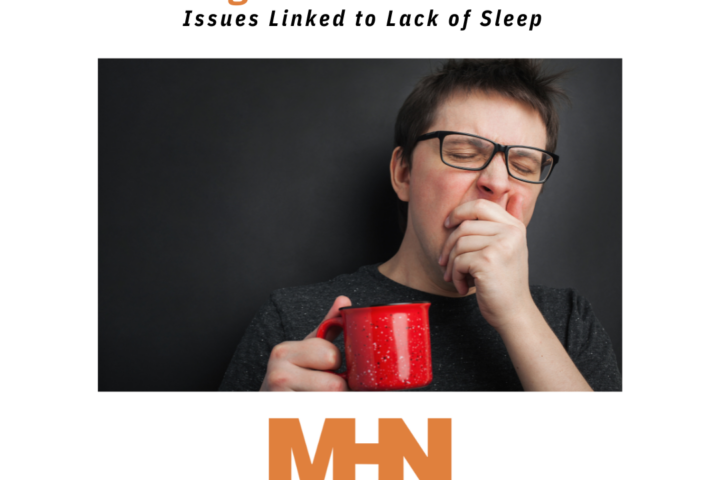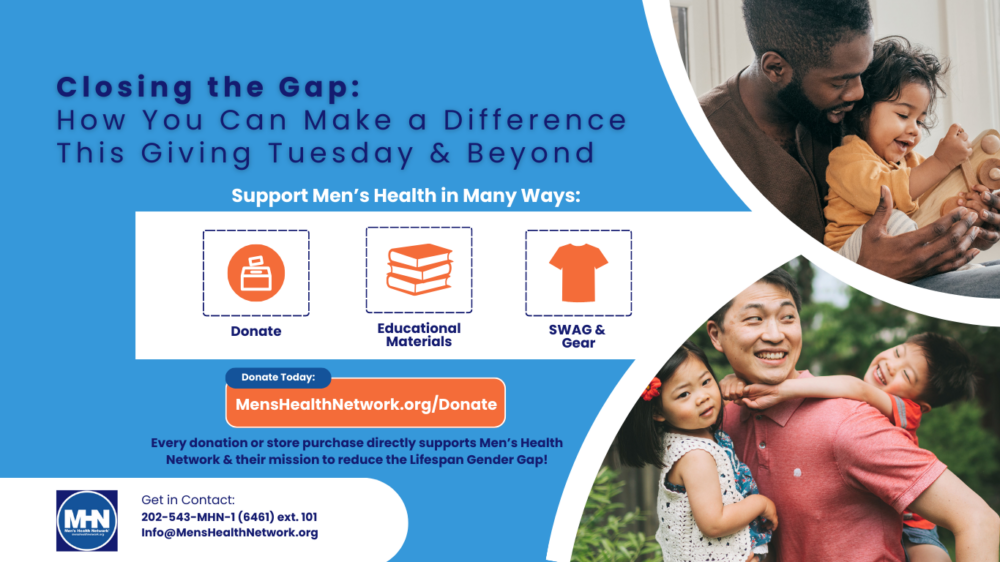I instantly knew something was very wrong. I woke my wife and said, “I think we need to get to the ER.”
Thirty minutes later, I was hooked up to an EKG, looking up at the ER doctor. My heart had developed a sudden arrhythmia. I had no history of heart disease.
Thankfully, I received medication that immediately returned my heart rhythm to normal.
My blood work revealed that I had very low magnesium levels – which likely caused the abnormal heart rhythm.
Puzzled, the doctor looked at my daily medications list and asked, “How long have you been taking omeprazole?”
“For years,” I responded.
“Well, that’s your culprit,” he said. “It can cause a magnesium deficiency.”
Omeprazole, also known as Prilosec, landed me in the ER.
The American College of Gastroenterology warns that 60 million Americans suffer from heartburn at least once a month. Taking OTC heartburn medicines can help but come with dangerous side effects that you should be aware of before long-term use.
411 on Heartburn, Reflux, GERD
Reflux occurs when the acidic contents of the stomach flow backward up the esophagus. This can cause pressure and a burning sensation in the chest commonly known as heartburn.
Experiencing this multiple times per week may be a red flag for a more serious condition called gastroesophageal reflux disease or GERD.
Certain lifestyle modifications can reduce GERD symptoms significantly. My free eBook, “Prisoner of Prilosec: Heartburn, Acid Reflux, and GERD: What You Need To Know,” at www.PPIHelp.org, explains this in more detail.
My Prisoner of Prilosec Origins
In the 1980s proton-pump inhibitors (PPIs) became available. These produce nearly complete blockage of stomach acid production, giving significant relief for GERD sufferers. Originally prescription only, these are now available over the counter. Popular PPIs include:
- Prilosec (omeprazole)
- Nexium (esomeprazole)
- Prevacid (lansoprazole)
- Protonix (pantoprazole)
About 20 years ago, I complained to my internist about my frequent heartburn. He gave me Prilosec samples, which erased my heartburn and I experienced instant relief! I’ve been hooked since.
Back then we didn’t realize that long-term PPI use might present health dangers. Today’s research shows that daily, long-term PPI use has been linked to:
- Vitamin B12 deficiency
- Magnesium deficiency
- Osteoporosis
- Possible increased risk of dementia
- Reduced kidney function
Why I’m Still a Prisoner
An estimated 15 million Americans take a PPI daily. Unfortunately, I’m one of them. So why can’t we just stop?
Habitual PPI users can attest that quitting it is nearly impossible. Within 48 hours of stopping a daily PPI dose, most experience ‘acid rebound.’ Freedom from PPI acid suppression causes the stomach to start producing acid at abnormally high rates. Although this usually settles down after a few weeks, those weeks feel like “hell on earth.” Constant, extreme gas, bloating, chest and abdominal pain, and diarrhea force most people to give up and start taking the medication again.
Recovery Steps for Fellow PPI Prisoners
First, make sure your primary care doctor knows what you are taking. Pay attention to blood tests for vitamin B12 and magnesium, along with kidney function and bone density scans. Ask your doctor for these tests!
Magnesium and vitamin B12 are essential nutrients needed for red blood cell production and proper cellular and nerve function. PPIs can deplete these, leading to hypomagnesemia (low magnesium levels). This can cause heart arrhythmia, muscle weakness or tremors, confusion and seizures. Food provides sufficient magnesium for most, but PPIs or metformin- the most prescribed Type II diabetes medication- may require a magnesium supplement.
Remplir is a specifically formulated supplement for this that I helped design, especially based on my experience. Its formulation combines two vitamin B12 forms – methylcobalamin and cyanocobalamin – with chelated magnesium. It’s designed for optimal absorption and bioavailability.
Most importantly, consult with a gastroenterologist, who might suggest steps that could help you ‘wean off’ the PPI, but never stop medication without consulting your physician first!
Photo credit: Pixabay




